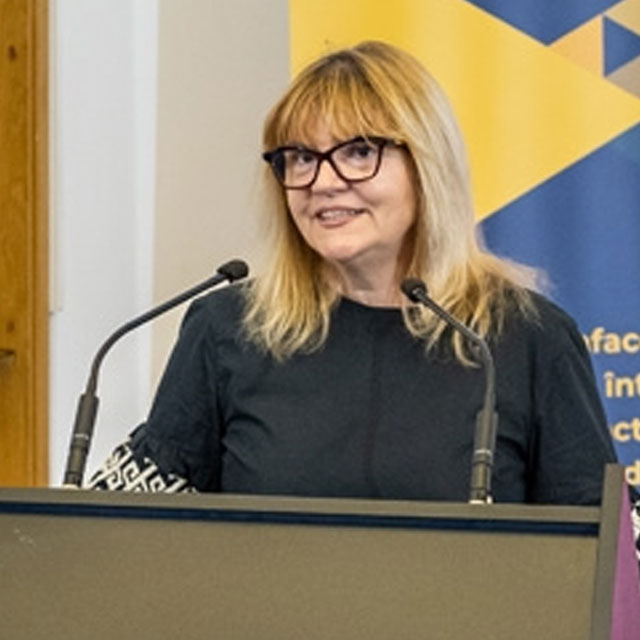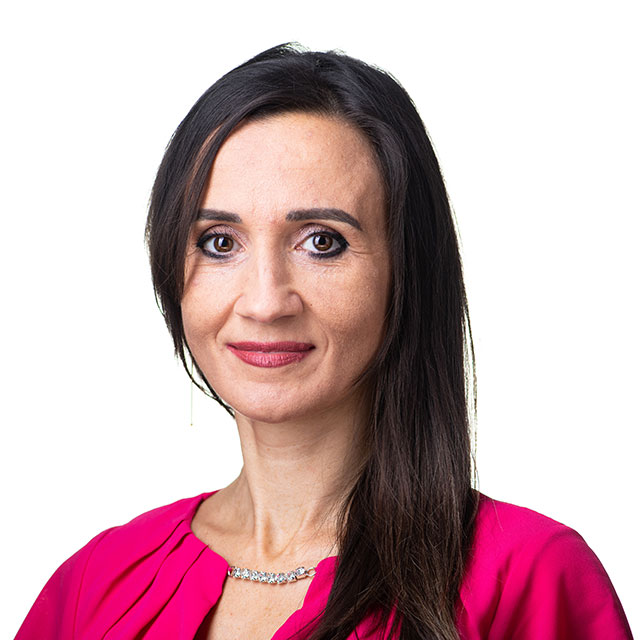Check also:
Mini Track Chair:
Globalisation and a rapidly evolving economic landscape are closely linked to significant changes in several key areas, including resource use, climate change, and employees and consumers behaviour. In this context, environmental, social and governance (ESG) reporting is of critical importance for companies. In certain jurisdictions, there is an increasing requirement for organisations to report on their sustainability performance. In the European context, the European Union Corporate Sustainability Reporting Directive (CSRD) – 2022/2464 will require certain companies to report on their sustainability performance from 2024 onwards. Similarly, the U.S. Securities and Exchange Commission published “The Enhancement and Standardisation of Climate-Related Disclosures for Investors” in March 2024.
Since the advent of the accounting profession, the role of accountants has evolved in response to societal needs, including the increasing demand for sustainable development. As more organizations report on their sustainability efforts, the role of accountants in advancing sustainability agendas remains a subject of growing importance.
The main topics covered by the hereby call for papers are related, but not limited to:

George Voulgaris is Associate Professor of Accounting at Alliance Manchester Business School and Director of Equality, Diversity and Inclusion (EDI) at the School. His research focuses on corporate governance, executive characteristics, sustainability, and financial disclosures, with a growing emphasis on the intersections between ESG and institutional accountability. George has published in leading international journals such as Human Relations, European Accounting Review, British Accounting Review, Corporate Governance: An International Review and British Journal of Management, and is currently Editor of Corporate Governance: An International Review. His international profile is reflected in visiting appointments at NYU Stern, Hanken School of Economics, and currently the University of Vaasa as a Visiting Professor of Accounting. He is an active participant in global research networks and presents regularly at leading conferences including EAA, AAA, CAAA and ICGS. George is a member of the ICAS Research Panel and the European Accounting Association External Relations Committee. George also serves on the editorial board of Accounting & Business Research, and has held reviewing roles for a wide range of journals.

Liliana Ionescu-Feleagă is a Professor at the Bucharest University of Economic Studies in Romania and the Dean of the Faculty of Accounting and Management Information Systems. She also serves as a member of the Commission of Economic Sciences and Business Administration within the National Council for Attestation of Titles, University Diplomas and Certificates (CNATDCU). Beyond her contributions to the university’s leadership, she has played an active role in the European accounting profession. From 2004 to 2005, she served as a member of the Public Sector Working Group of the European Federation of Chartered Accountants, consistently supporting the academic community by participating in the scientific and organizing committees of numerous national and international conferences. Her research interests encompass a range of areas, including applied IFRS, environmental accounting, intellectual capital, and corporate governance. Her scholarly contributions have been featured in prominent peer-reviewed journals, such as the Journal of Cleaner Production, the Journal of Accounting and Public Policy, Accounting in Europe, and the International Journal of Accounting. Furthermore, she has demonstrated a commitment to scholarly rigor as a reviewer and special-issue editor for multiple reputable journals, contributing to the enhancement of research quality and community development. In the corporate sphere, since June 6, 2019, she has served as an Independent Member of the Board of Directors of BRD–Groupe Société Générale S.A.

Adriana Florina Popa is Professor at the Bucharest University of Economic Studies, Faculty of Accounting and Management Information Systems, with 24 years of academic and practical experience in accounting, financial reporting, and taxation. She has been actively involved in educational initiatives at both national and international levels, serving as coordinator of the CECCAR National Institute of Initial and Continuous Professional Training and as a former member of the International Accountancy Education Panel (IPAE) and the Sustainability Working Group (SWG) of the International Federation of Accountants (IFAC). Adriana was also a member of the VAT Expert Group within DG TAXUD – European Commission, and of the Romanian Economic and Social Council (CES), while also representing the accounting profession in various official committees on accounting and tax legislation. She has an extensive record of publications in high-ranking peer-reviewed journals in accounting, reporting, and taxation, and serves as a reviewer for several respected academic journals, supporting research quality and the development of the scholarly community.









